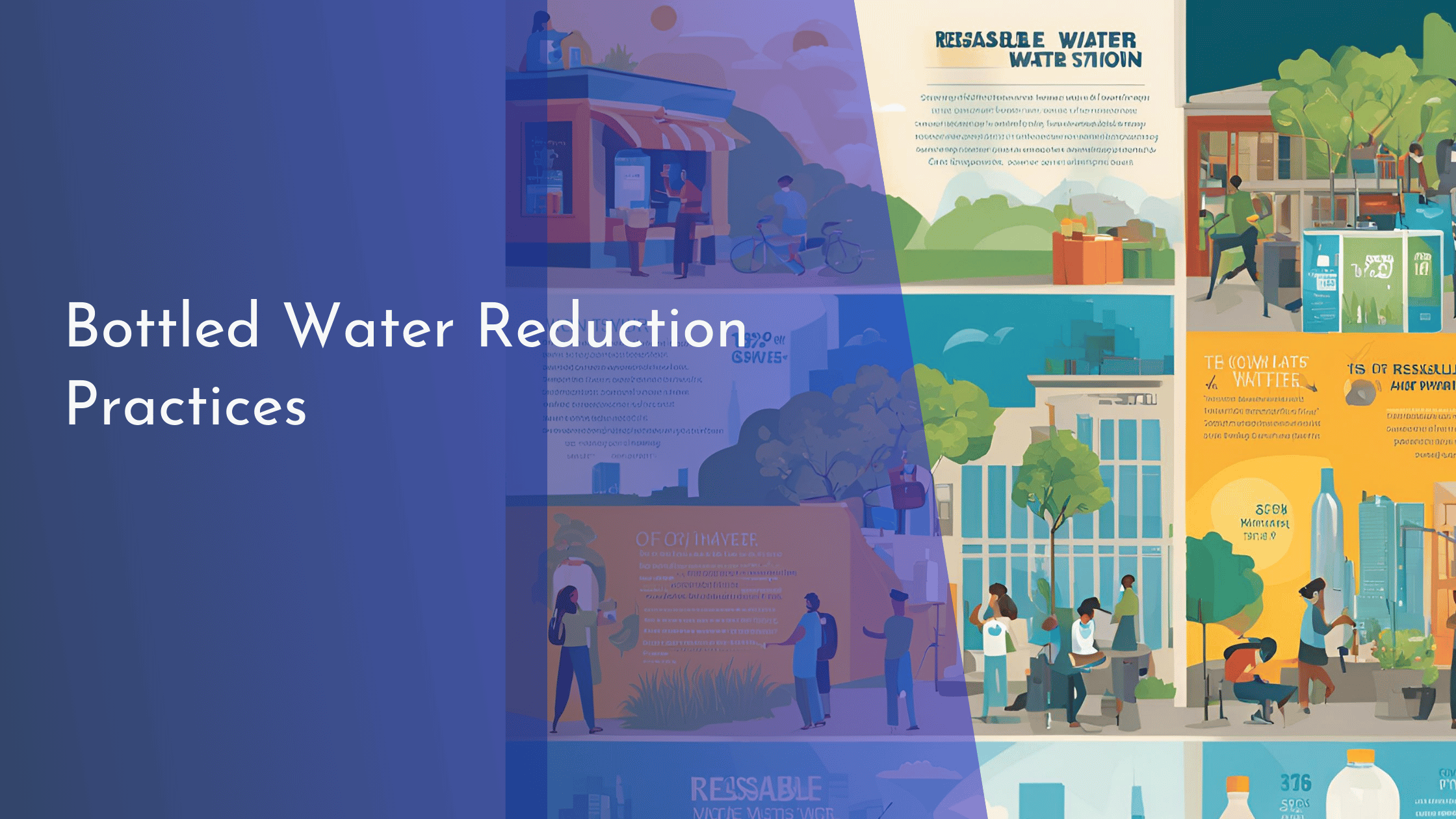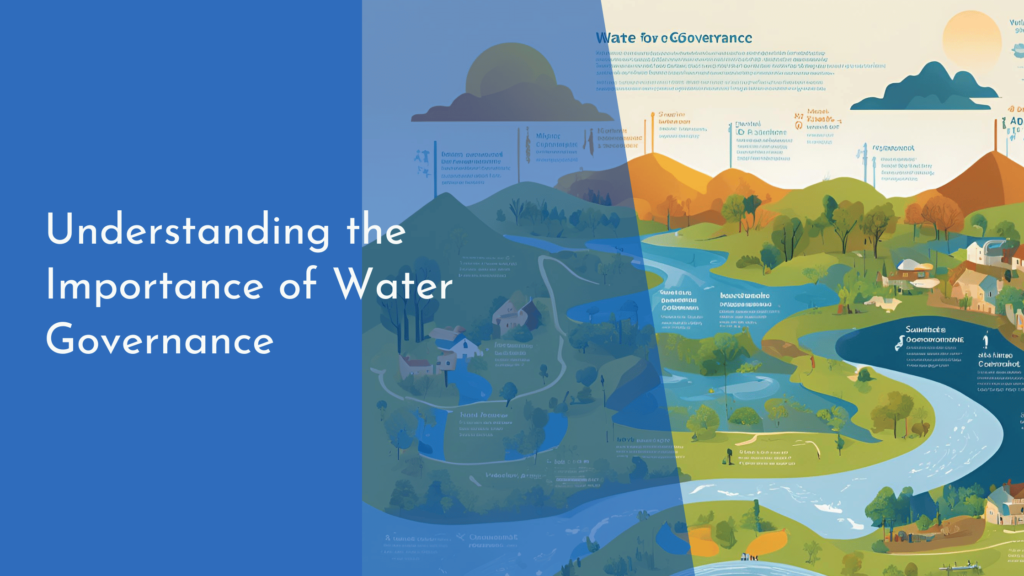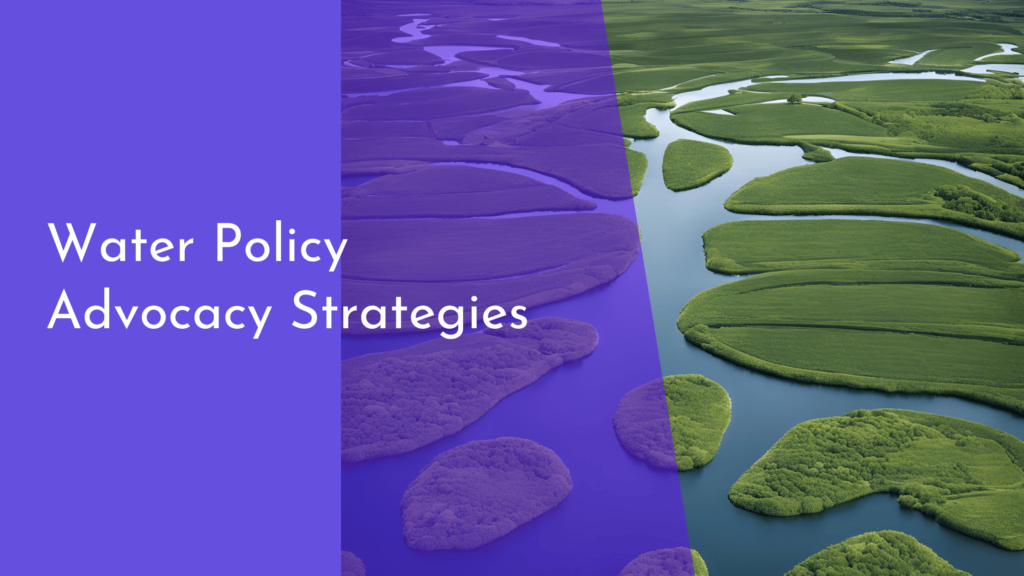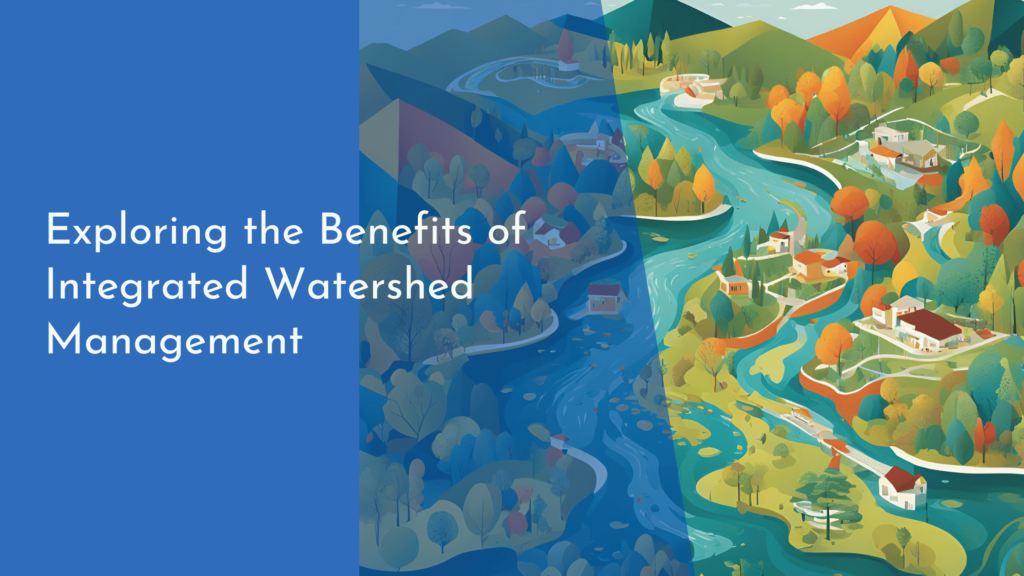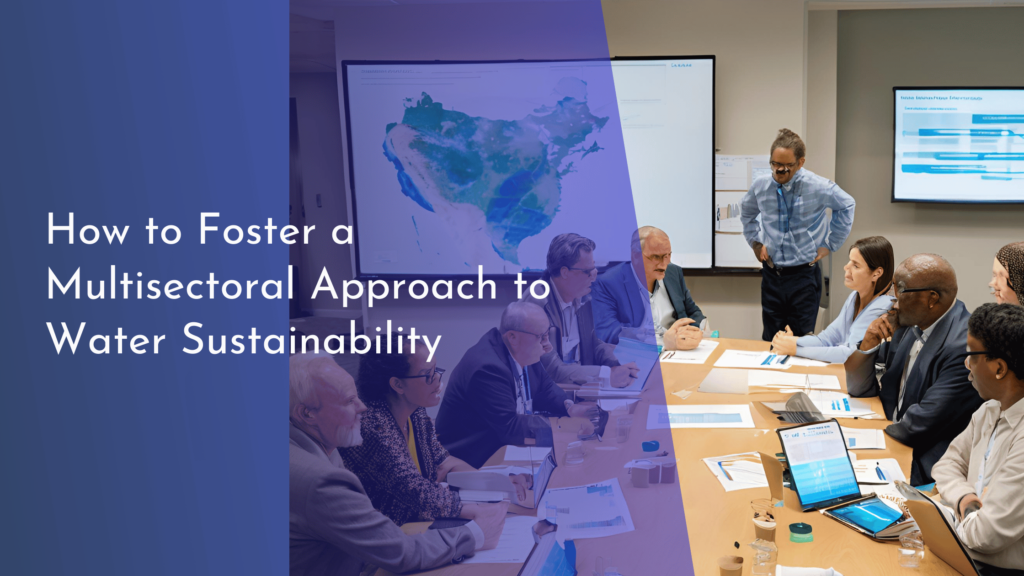How to Advocate for Bottled Water Reduction Practices
The global consumption of bottled water has skyrocketed over recent decades, driven by a combination of convenience, marketing, and perception of purity. However, the environmental repercussions of this trend are prompting a growing movement towards bottled water reduction practices. This article explores the multifaceted impact of bottled water, offers sustainable alternatives, and highlights community engagement efforts aimed at reducing reliance on bottled water. Additionally, we will celebrate successes in the movement and look forward to a future where sustainable water practices become the norm.
Understanding the Impact of Bottled Water
Bottled water may seem harmless, but its environmental footprint is significant. Each year, billions of plastic bottles are produced, transported, and disposed of, contributing massively to pollution. The production process itself is energy-intensive, requiring fossil fuels both to create the plastic bottles and to transport the finished product across the globe. Moreover, many of these bottles are not recycled, ending up in landfills or, worse, in oceans where they pose a threat to marine life.
Beyond the environmental impact, bottled water also raises concerns about resource depletion. It takes approximately three liters of water to produce just one liter of bottled water when accounting for the manufacturing process. Additionally, the extraction of water for bottling can deplete local water resources, impacting the availability of clean water for local communities. These considerations highlight the urgency of advocating for bottled water reduction practices.
Exploring Sustainable Alternatives and Solutions
Transitioning away from bottled water requires embracing sustainable alternatives that are both practical and effective. One of the most straightforward solutions is the increased use of reusable water bottles. These come in various materials such as stainless steel, glass, and BPA-free plastic, offering a range of options for personal preference and convenience. Reusable bottles not only reduce plastic waste but also encourage individuals to consume tap water or filtered water, which is often as safe and clean as bottled varieties.
In addition to individual efforts, businesses and institutions can play a pivotal role in reducing bottled water consumption. Installing water refill stations in offices, schools, and public spaces provides easy access to clean drinking water, encouraging the use of refillable containers. Furthermore, investing in water filtration systems can improve the quality of tap water, addressing concerns about taste and safety that often drive people to choose bottled water. By implementing these solutions, we can significantly decrease our dependence on bottled water.
Engaging Communities in Water Conservation Efforts
Communities are the backbone of any successful environmental initiative, and engaging them is vital for effective bottled water reduction. Education campaigns can raise awareness about the environmental impact of bottled water and the benefits of alternative practices. Workshops, seminars, and social media campaigns can equip individuals with the knowledge and tools they need to make informed choices about their water consumption.
Community engagement goes beyond education; it also involves providing practical support. Local governments and organizations can collaborate to promote water conservation practices by distributing reusable bottles, installing public water stations, and organizing clean-up events to address plastic pollution. By fostering a sense of collective responsibility, communities can drive meaningful change and inspire others to join the movement.
Celebrating Successes and Looking to the Future
Numerous success stories demonstrate the power of collective action in reducing bottled water usage. Cities like San Francisco have implemented bans on the sale of bottled water in public venues, significantly cutting down on waste. Universities have also taken steps to eliminate bottled water sales on campuses, providing refillable alternatives and promoting sustainability. These initiatives highlight the effectiveness of policy changes and community involvement in fostering environmentally friendly practices.
As we look to the future, the momentum for bottled water reduction continues to grow. The development of new technologies in water purification and distribution promises to make sustainable water practices even more accessible. Additionally, increasing public awareness and shifting cultural attitudes towards sustainability will further drive the adoption of alternatives to bottled water. By continuing to celebrate successes and innovate solutions, we can pave the way for a future where bottled water is a rarity rather than a norm.
Final Thoughts
In conclusion, advocating for bottled water reduction practices is a crucial step towards a more sustainable planet. By understanding the impact of bottled water, exploring viable alternatives, engaging communities, and celebrating success stories, we can collectively reduce reliance on bottled water and mitigate its environmental consequences. As we move forward, let’s embrace the challenge with optimism and creativity, ensuring that future generations inherit a cleaner and more sustainable world.

